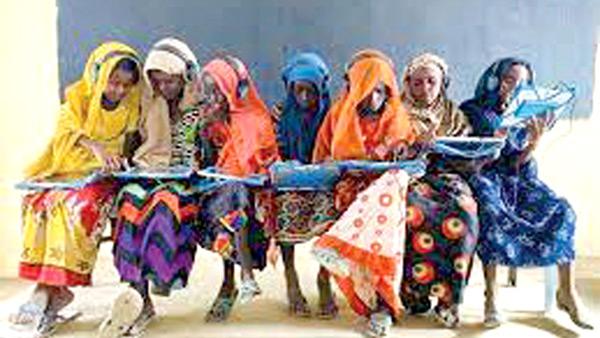
WASHINGTON — As a result of the worst shock to education and learning in recorded history, learning poverty has increased by a third in low and middle-income countries, with an estimated 70% of 10-year-olds unable to understand a simple written text, according to a new report published by the World Bank, UNESCO, UNICEF, UK Government Foreign Commonwealth and Development Office (FCDO), USAID, and the Bill & Melinda Gates Foundation recently.
This rate was 57% before the pandemic, but now the learning crisis has deepened.
This generation of students now risk losing $21 trillion in potential lifetime earnings in present value, or the equivalent of 17% of today’s global GDP, up from the $17 trillion estimated in 2021.
The State of Global Learning Poverty: 2022 Update report shows that prolonged school closures, poor mitigation effectiveness, and household-income shocks had the biggest impact on learning poverty in Latin America and the Caribbean (LAC), with a predicted 80% of children at the end-of-primary-school-age now unable to understand a simple written text, up from around 50% pre-pandemic. The next-largest increase is in South Asia, where predictions put at 78% the share of children that lack minimum literacy proficiency, up from 60% pre-pandemic.
Emerging data measuring actual learning levels of children in reopened school systems around the world corroborate the predictions of large learning losses.
In Sub-Saharan Africa (SSA), increases in learning poverty were smaller, as school closures in this region typically lasted only a few months, but stand now at an extremely high 89%. – World Bank
